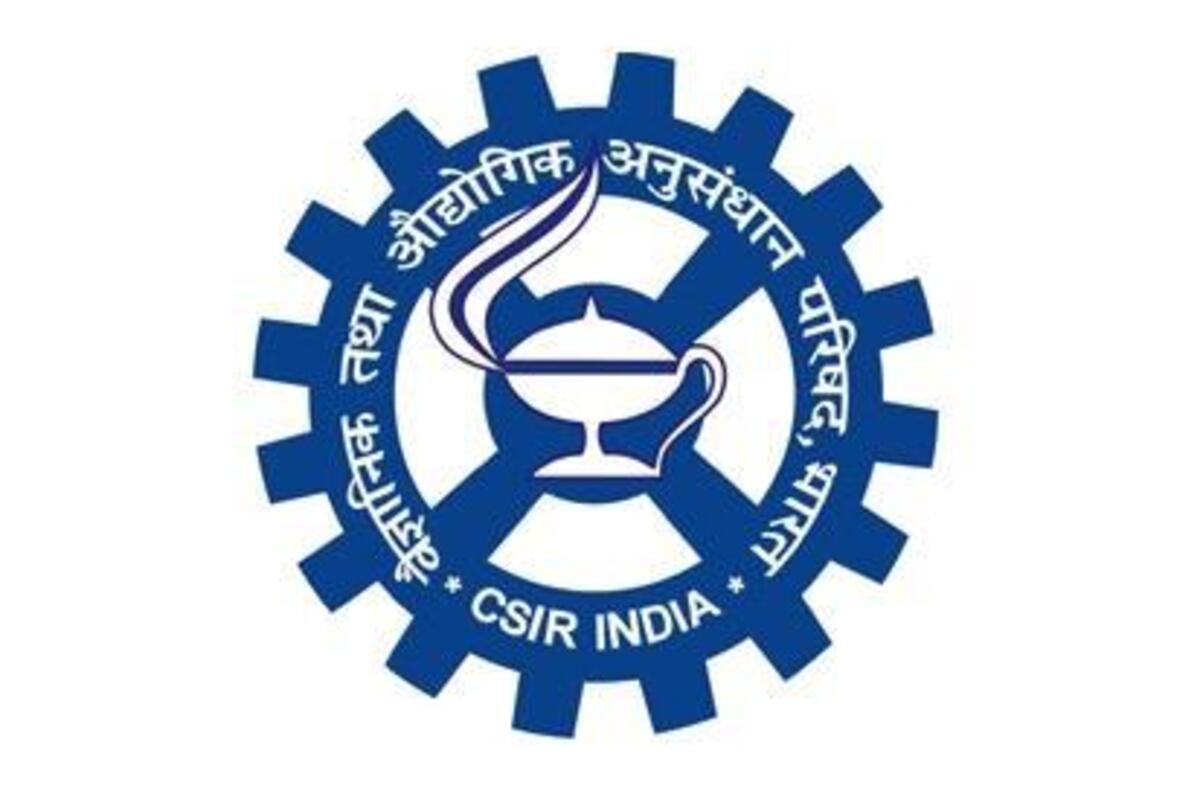Challenge in Bihar
In the tumultuous arena of Bihar politics, where alliances shift like sand dunes in the wind, this election seems poised to redefine the political landscape.
The CSIR chief said through their 37 laboratories across the country, they can bring in ‘Atmanirbharta’ for indigenisation of technologies.

The Council of Scientific and Industrial Research (CSIR) is committed to making India ‘Atmanirbhar’ by developing indigenous technologies, according to its Director General N Kalaiselvi.
Addressing a press conference held on the ‘Role of CSIR in building an Atmanirbhar Bharat’, at Dona Paula, Panaji, last evening, the first woman chief of CSIR said, “CSIR, through its 37 laboratories across the country, are involved in all aspects of their research and development to what extent they can bring in ‘Atmanirbharta’ for indigenisation of technologies, through which we can ensure that the country will become self-sustainable in the coming years. Thanks to Mother Nature, India has all the raw material sources to achieve that mission.”
Dr Kalaiselvi, who is also the secretary of the Department of Scientific and Industrial Research, said the country has to prepare itself for its current and future scientific requirements as the world today is moving ahead in an unpredictable manner. “Therefore, the CSIR has already prioritised that any research happening under its aegis should have a component called indigenisation,” she said.
Advertisement
Talking about the success stories of Atmanirbhar’ initiatives of the CSIR, she said this year’s Republic Day Tableau of the CSIR had highlighted the unleashing of a Purple Revolution ushered through Lavender cultivation in Jammu & Kashmir. CSIR’s scientific interventions have led to the phenomenal growth of lavender cultivation and development of lavender products taking lavender from lab-to-market and creating several agri-start-ups in J&K.
The CSIR developed an elite variety of lavender suitable for cultivation in temperate regions of J&K and provided free saplings and end-to-end agro-technologies to farmers and also installed distillation units for essential oil extraction in several regions of J&K. The success of Lavender cultivation in J&K earned it the sobriquet, ‘Purple Revolution’.
The Tableau had also showcased PRIMA ET11, India’s first women-friendly, compact Electric Tractor indigenously developed by the CSIR under agro-mechanical technology.
“We are from the scientific fraternity. We can just hand over technology to a startup. Once the technology is transferred, it becomes the responsibility of the startup to take it to greater heights. But we are not doing that. the CSIR handholds the startups and walks along with them throughout their journey. More than 300 agri-startups in Jammu and Kashmir are being supported by the CSIR as a remote mission,” the DG said, adding that a minor contribution of the CSIR is now giving greater confidence to the people of J&K.
She further explained how India, which had been importing lemongrass oil for years, became an exporting country by 2023, thanks to CSIR’s Aroma Mission. In the year 2023, the country exported 600 million tonnes of lemongrass oil, she said.
Advertisement